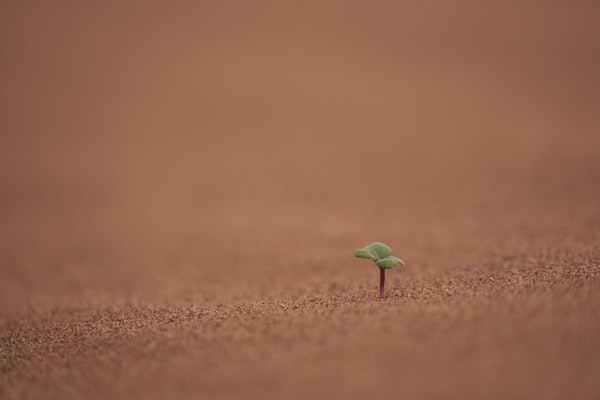The difficulty of option 'c'
Can any journalist become a science journalist? More specifically, can any journalist become a science journalist without understanding the methods of scientific practice and administration? This is not a trivial question because not all the methods of science can be discovered or discerned from the corresponding ‘first principles’. That is, common sense and intelligence alone cannot consummate your transformation; you must access new information that you cannot derive through inductive reasoning.
For example, how would you treat the following statement: “Scientists prove that X causes Y”?
a. You could take the statement at face-value
b. You could probe how and why scientists proved that X causes Y
c. You could interrogate the claim that X causes Y, or
d. You could, of course, ignore it.
(Option (d) is the way to go for claims in the popular as well as scientific literature of the type “Scientists prove that coffee/wine/chocolate cause your heart to strengthen/weaken/etc.” unless the story you’re working on concerns the meta-narrative of these studies.)
Any way, choosing between (a), (b) and (c) is not easy, often because which option you pick depends on how much you know about how the modern scientific industry works. For example, a non-science journalist is likely to go with (a) and/or (b) because, first, they typically believe that the act of proving something is a singular event, localised in time and space, with no room for disagreement.
This is after all the picture of proof-making that ill-informed supporters of science (arguably more than even supporters of the ideal of scientism) harbour: “Scientists have proved that X causes Y, so that’s that,” in the service of silencing inconvenient claims like “human activities aren’t causing Earth’s surface to heat up” or like “climate geoengineering is bad”. I believe that anthropogenic global warming is real and that we need to consider stratospheric aerosol injections but flattening the proof-making exercise threatens to marginalise disagreements among scientists themselves, such as about the extent of warming or about the long-term effects on biodiversity.
The second reason (a) and (b) type stories are more common, but especially (a), follows from this perspective of proofs: the view that scientists are authorities, and we are not qualified to question them. As it happens, most of us will never be qualified enough, but question them we can thanks to four axioms.
First, science being deployed for the public good must be well understood in much the same way a drug that has been tested for efficacy must also be exculpated of deleterious side-effects.
Second, journalists don’t need to critique the choice of reagents, animal models, numerical methods or apparatus design to be able to uncover loopholes, inconsistencies and/or shortcomings. Instead, that oppositional role is easily performed by independent scientists whose comments a journalist can invite on the study.
Third, science is nothing without the humans that practice it, and most of the more accessible stories of science (not news reports) are really stories of the humans practising the science.
Fourth, organised science – hot take: like organised religion – is a human endeavour tied up with human structures, human politics and human foibles, which means as much of what we identify as science lies in the discovery of scientific knowledge as in the way we fund, organise, disseminate and preserve that knowledge.
These four allowances together imply that a science journalist is not a journalist familiar with advanced mathematics or who can perform a tricky experiment but is a journalist trained to write about science without requiring such knowledge.
§
Anyone familiar with India will recognise that these two principal barriers – a limited understanding of proof-making and the view of scientists as authority figures – to becoming a good science journalist are practically seeded by the inadequate school-level education system. But they are also furthered by India’s prevailing political climate, especially in the way a highly polarised society undermines the role of expertise.
Some people will tell you that you can’t question highly trained scientists because you are not a highly trained scientist but others will say you’re entitled to question everything as a thinking, reasoning, socially engaged global citizen.
As it happens, these aren’t opposing points of view. It’s just that the left and the right have broken the idea of expertise into two pieces, taking one each for themselves, such that the political left is often comfortable with questioning facts like grinding bricks to unusable dust while the political right will treat all bricks the same irrespective of the quality of clay; the leftist will subsequently insist that quality control is all-important whereas the rightist will champion the virtues of pragmatism.
In this fracas to deprive expertise either of authority or of critique, or sometimes both, the expert becomes deconstructed to the point of nonexistence. As a result, the effective performance of science journalism, instead of trying to pander equally to the left’s and the right’s respective conceptions of the expert, converges on the attempt to reconstruct expertise as it should be: interrogated without undermining it, considered without elevating it.
Obviously, this is easier said, and more enjoyably said, than done.



